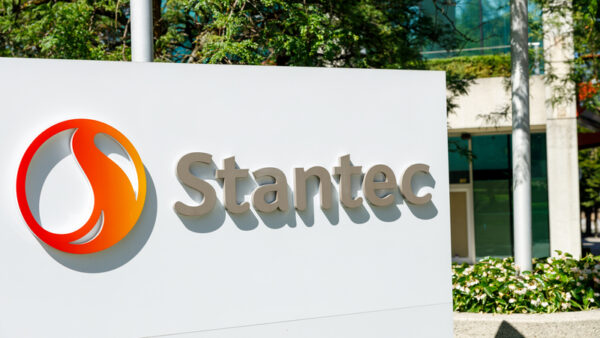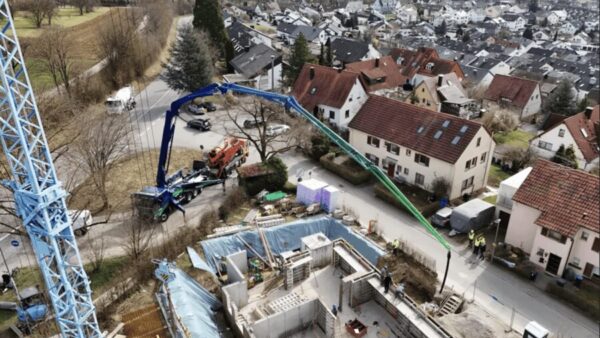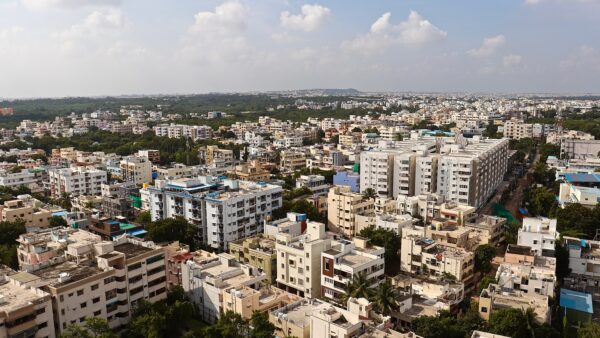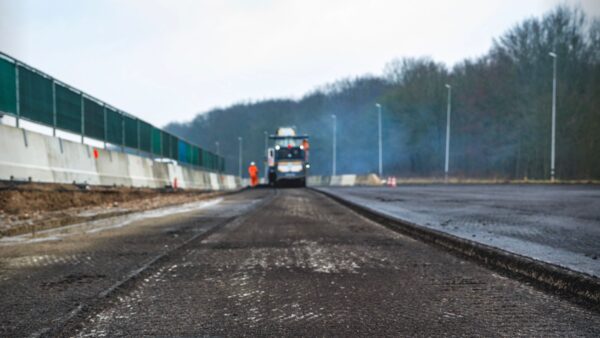Cement manufacturers will be celebrating the news that the Indian government has decided to abandon bitumen (asphalt) in favour of more expensive concrete for paving all new roads, because the latter is more durable.
In addition, road schemes in India will now be priced on lifetime costs rather than just the cost of construction.
Bitumen can still be used, but only if detailed project studies suggest that paving with concrete is too difficult or would be more than 20% more expensive than bitumen.
“The idea is that using cement will bring down the cost of maintenance significantly,” an unnamed Indian transport ministry official told news website, Livemint.
Earlier, transport minister Nitin Gadkari proposed using cement for road construction on the grounds that it is more durable and cheaper to maintain than bitumen even though it is more expensive at the outset.Â
To be certain of the business case, cement will be used unless a government-appointed consultant for evaluating the project argues against it.Â
“The consultant will have to demonstrate why cement or concrete cannot be used in a particular project, say in case the climatic conditions or topography do not support the use of cement,” said another unnamed official.
The ministry has also changed the model for assessing the project cost. The projects will now be evaluated on the basis of the life cycle cost of the project, against the current model of using just the cost of construction.Â
Livemint reported that the ministry has floated a tender to fix an annual rate for cement that will help explore a competitive price for the raw material. Developers would be able to purchase cement for road construction at this price from the cement manufacturer.Â
Concrete roads could be tougher on tyres, warned Parvesh Minocha, group managing director at infrastructure consultancy Feedback Infra Pvt. Ltd.Â
“Concrete roads are better in many ways and, if constructed well, the life is much better,” he told Livemint. But he added: “Designing a concrete road though is a little more complex. Also, driving on a concrete road can be rougher and tyres’ wear-and-tear can be more, but with suitable covering, that can also be taken care of, at least partly.”
“The real issue is of laying concrete roads – equipment, expertise and the care it needs,” he continued. “Not many construction companies are well-experienced in this. And removing construction defects is a lot tougher.”
Comments
Comments are closed.











The quote given in your article “The idea is that using cement will bring down the cost of maintenance significantly,” reflects the type of maintenance that is undertaken, generally “thin”, c. 40mm, overlays or complete reconstruction of wearing course with appropriate repairs to the base course layer after failure has occurred.
If maintenance interventions were implemented at the correct time – not delayed until the asphalt layers have deteriorated to a condition where it is unrepairable, then maintenance costs would be dramatically reduced.
Alternative maintenance techniques such as chip seals and fog sprays are not used and their adoption would enhance the longevity of the asphalt such that a good design lifetime of 20 years is achieved.
Concrete construction will lead to major failures with consequent traffic disruption and major repair costs where overloaded trucks continue to ply the roads.
What most of the mature nations of the world have learnt and have implemented, India is now going to learn the hard way. With the ambitious targets of 20+kms per day set by the government, it would be impossible to implement with cement roads.
How about the carbon footprints on from cement roads ? How will India manage to curtail the emissions with cement roads. When cement roads will emit 50% more carbon compared to asphalt roads.
If it is difficult to control quality on asphalt roads in the country, imagine what could happen with cement !!
It would have been smarter to make better quality asphalt roads, and use better preventive maintenance techniques along with proper recycling technologies, to create a sustainable future.
Also someone will have to find ways to put the by-product i.e. tar produced by such an energy demanding and petroleum product dependent nation.
Asphalt melts and is black. Concrete does not, and can have white TOx added to reflect heat to reduce global warming. Drivers may need to get some cool sunglasses to go with their reduced air conditioning load. In Ireland the rain conditions our cold environment for us, so we still use asphalt, though the cold can crack it too.
Our expertise in construction and maintenance management of roads is not yet matured enough which can take care of our ambitious plan of complete-concrete roads in the country. Concrete pavement is little more complex than asphalt in construction and more so in repair & maintenance. This is over and above higher cost of construction.
Unless we plan a mix strategy of asphalt and concrete based on the requirement of the location, taking account of pros & cons of the two including flexible and regid nature respectively, we have to learn in hard ways than learing from the experience of many advance countries.